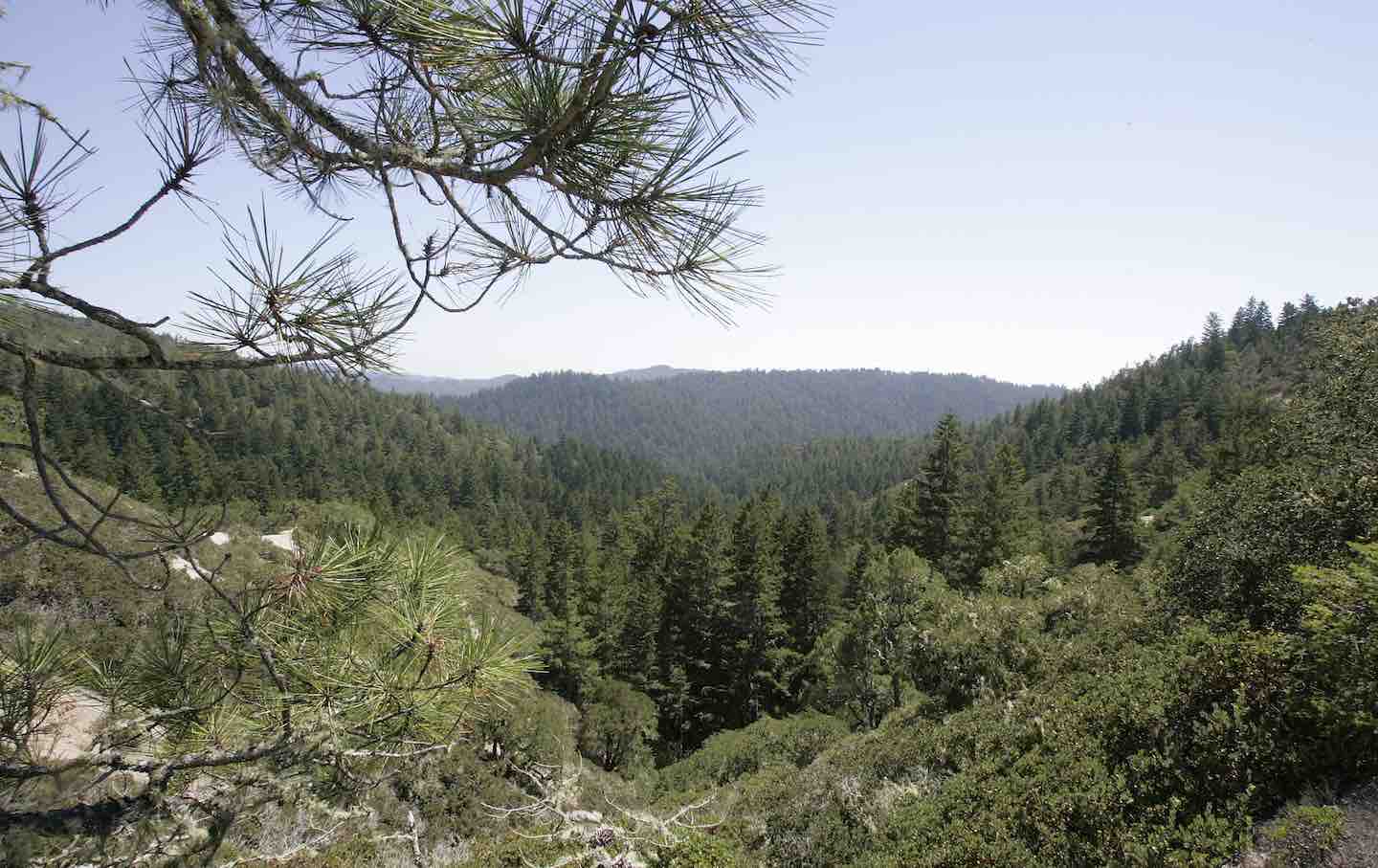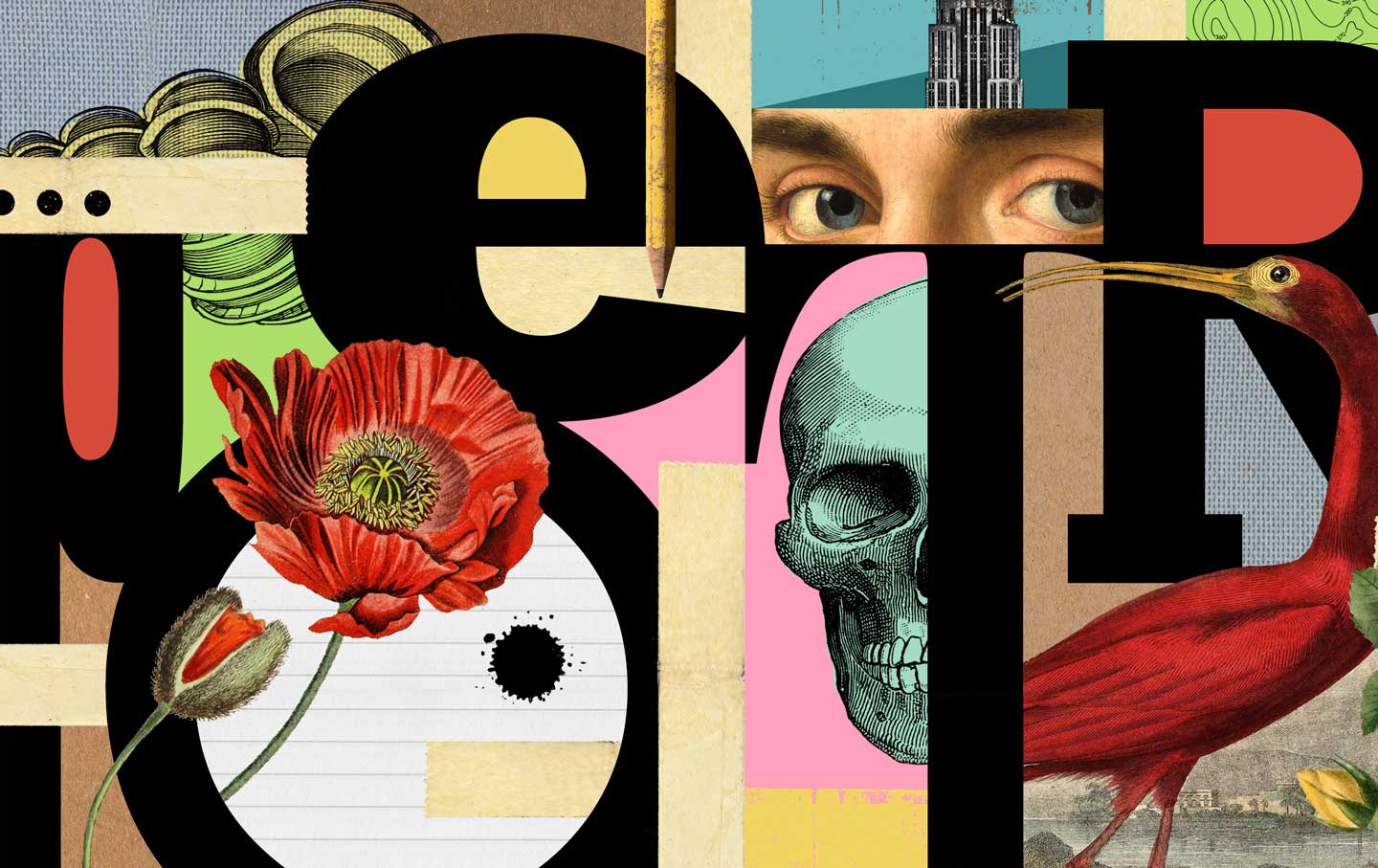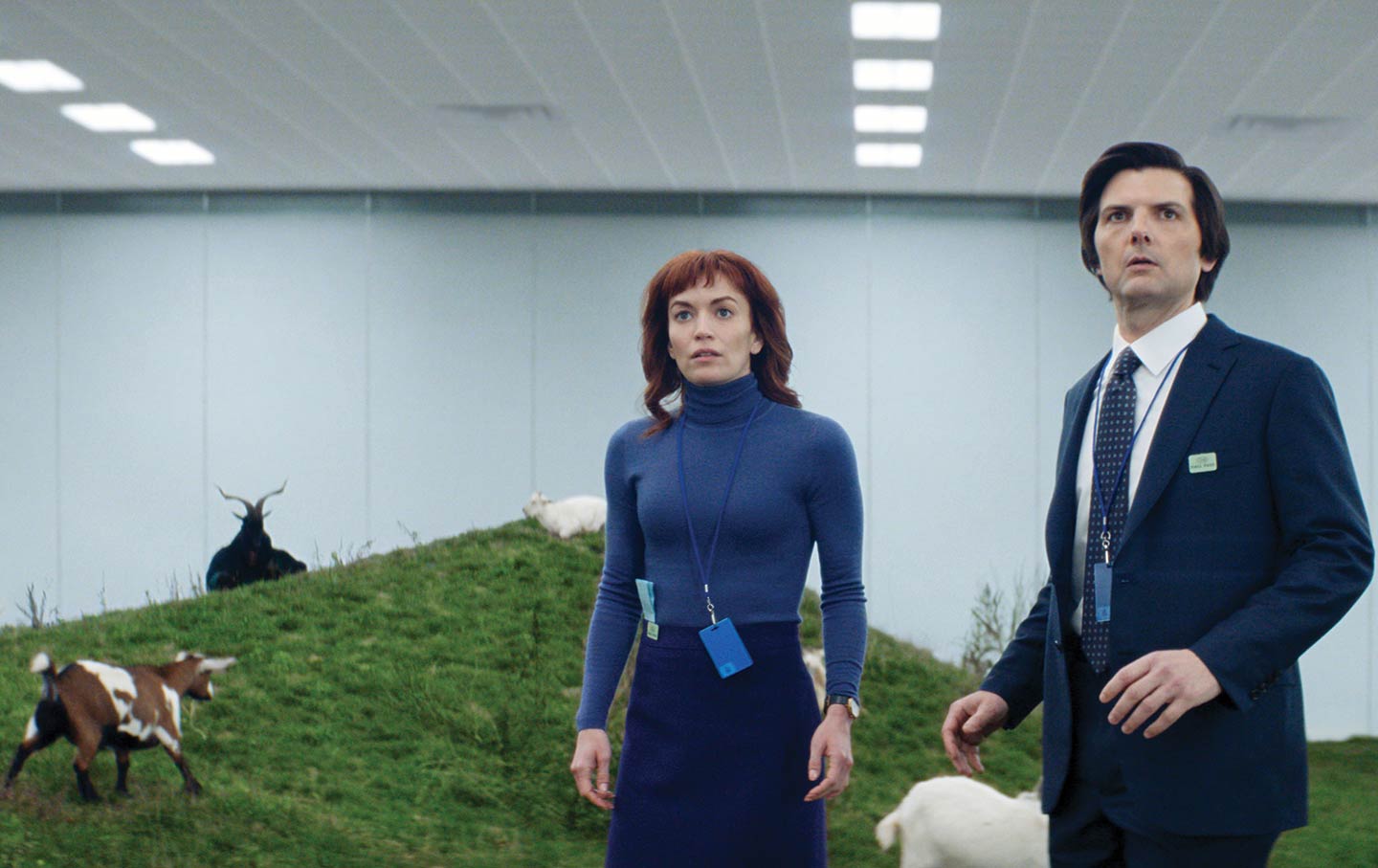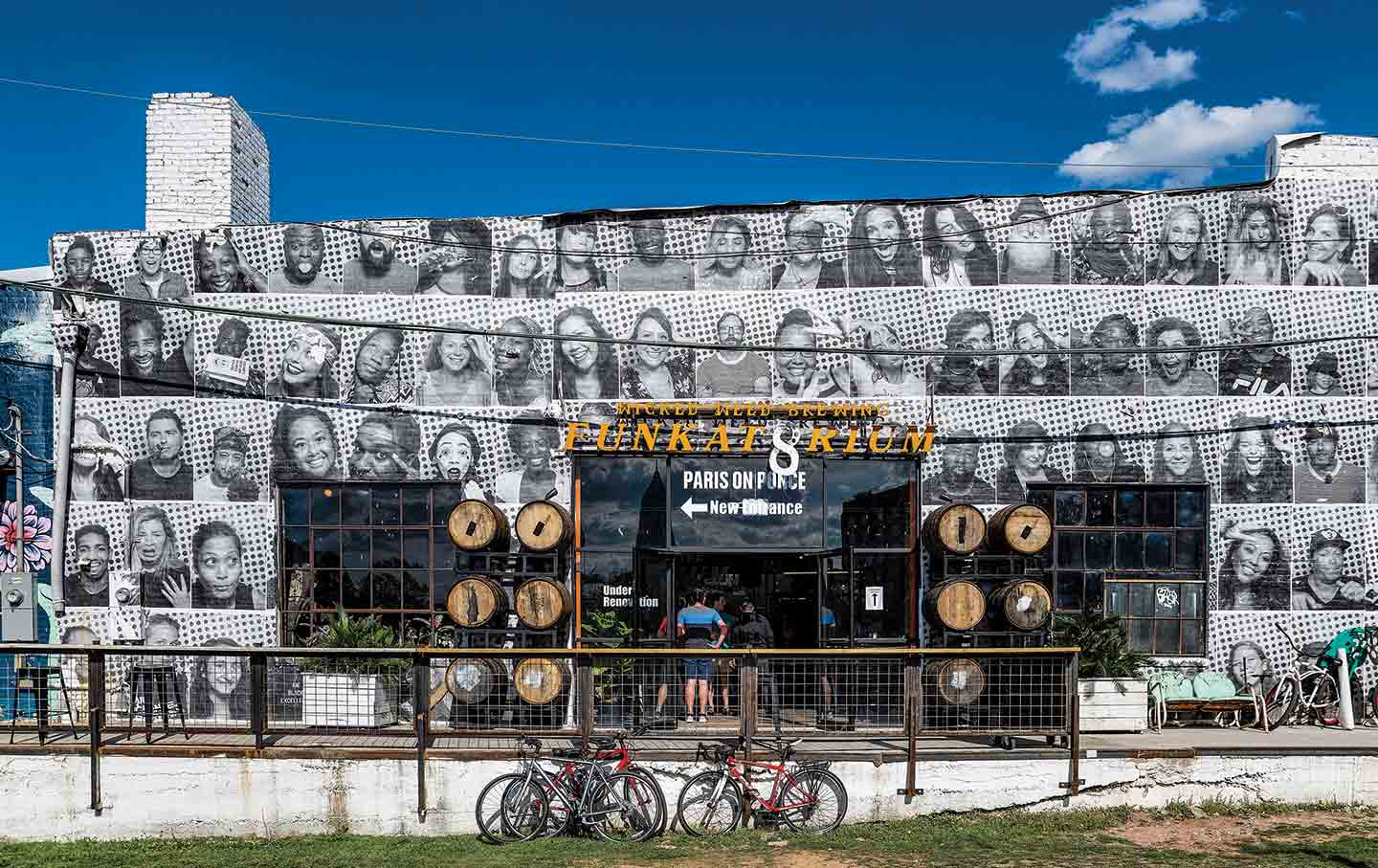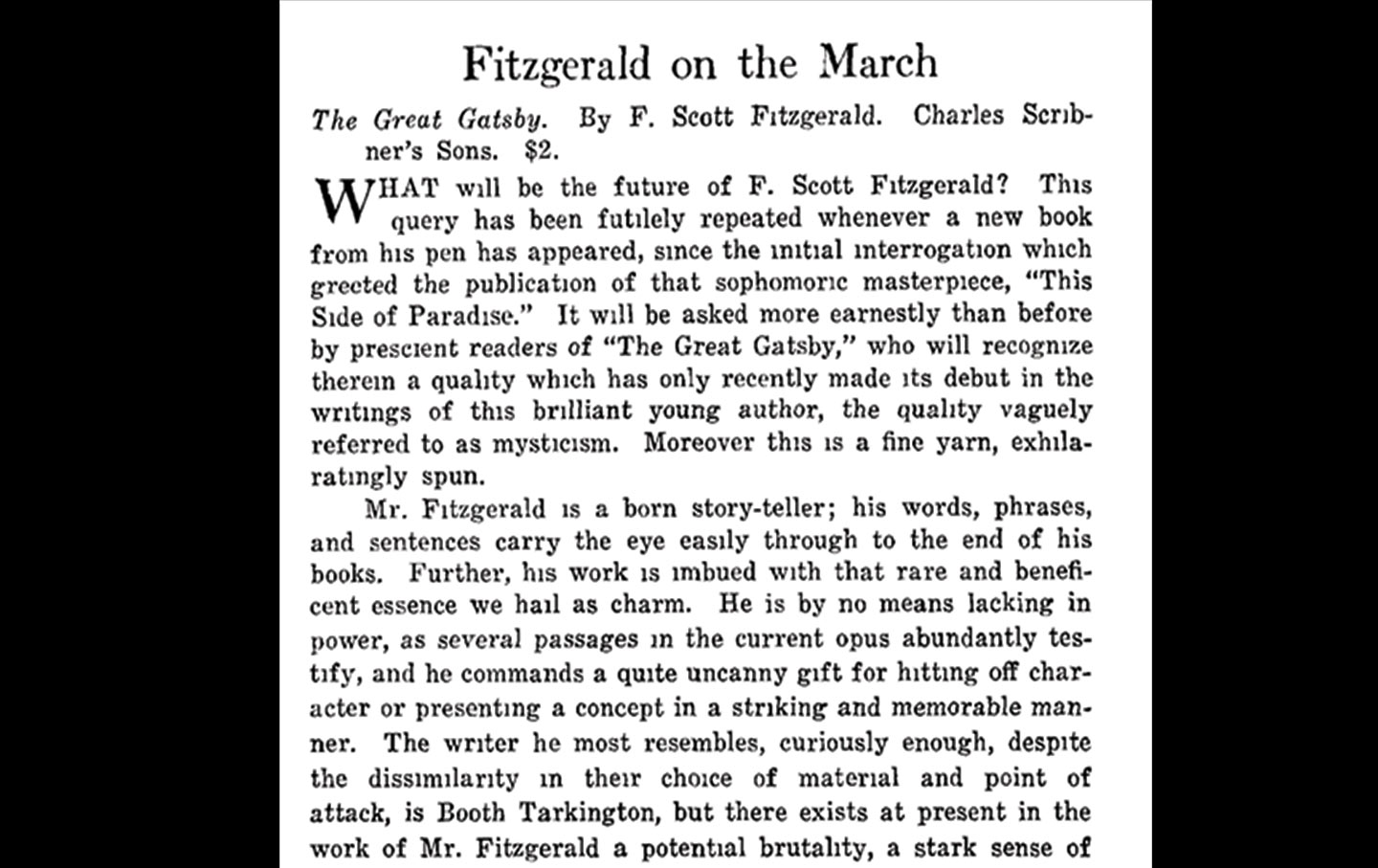[“I knew almost for certain…”]
I knew almost for certain:
he had robbed all my friends,
had made my mother miserable,
and had ruined my wife’s health,
leading her to consumption.
And, full of resolve,
I set out to find him and take my revenge.
“Where are you, my torturer?”
I called through the deserted hall
in which he lives.
In response, four roars
reflected from the walls,
hit the ceiling
and, lifeless, fell to my feet.
“Where are you, my torturer?”
I called to him twice.
Each time, the four roars
arose from the dead,
went up, and hit the ground.
“Has he died?”
I decided so, happily.
But on my way home,
I saw two legs, two arms, and a torso
had stopped near my door.
(There was no head.)
“What are you doing here?”
I took him by surprise.
Out of fright, the two arms,
the two legs, and the torso
united into a headless body.
I grabbed him and shouted
into the empty pipe of his neck,
“Tell me where my torturer is!”
“Don’t beat me,” said the pipe.
“Go to the same building
where you’ve just been.
People without a head sit in the first room.
In the second one, they also lack legs.
In the third, they also don’t have arms.
In the fourth, you’ll see isolated torsos.
In the fifth room, you won’t see anything—
that’s where your torturer is.
You won’t find anything in there,
but repeat, and repeat, and repeat, ad infinitum,
everything you want to tell him.
But don’t believe your eyes:
he is where he isn’t.”
(Translated from the Ukrainian by Alan Zhukovski)
Support independent journalism that exposes oligarchs and profiteers
Donald Trump’s cruel and chaotic second term is just getting started. In his first month back in office, Trump and his lackey Elon Musk (or is it the other way around?) have proven that nothing is safe from sacrifice at the altar of unchecked power and riches.
Only robust independent journalism can cut through the noise and offer clear-eyed reporting and analysis based on principle and conscience. That’s what The Nation has done for 160 years and that’s what we’re doing now.
Our independent journalism doesn’t allow injustice to go unnoticed or unchallenged—nor will we abandon hope for a better world. Our writers, editors, and fact-checkers are working relentlessly to keep you informed and empowered when so much of the media fails to do so out of credulity, fear, or fealty.
The Nation has seen unprecedented times before. We draw strength and guidance from our history of principled progressive journalism in times of crisis, and we are committed to continuing this legacy today.
We’re aiming to raise $25,000 during our Spring Fundraising Campaign to ensure that we have the resources to expose the oligarchs and profiteers attempting to loot our republic. Stand for bold independent journalism and donate to support The Nation today.
Onward,
Katrina vanden Heuvel
Editorial Director and Publisher, The Nation

